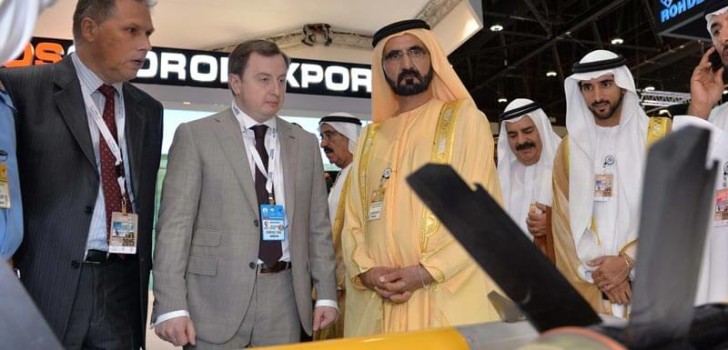Reports have begun to emerge that in order for the Iran nuclear deal to be approved by its Middle East neighbors, the U.S. had to make big concessions.
And yet these weren’t really concessions at all but were instead massive trade deals.
Over the weekend the Wall Street Journal reported that “Gulf States want U.S. assurances and weapons in exchange for supporting Iran nuclear deal.”
The details fit the usual pattern of the U.S. Military-Industrial Complex in action: the U.S. pretends to wage an aggressive diplomatic campaign of peace while behind the scenes it is just as actively selling weapons of war. The weapons sales are usually for tens or hundreds of billions of dollars, the real prize for American interests.
In this case, the leaders of the six-nation Gulf Cooperation Council, including Saudi Arabia, the United Arab Emirates and Qatar, plan to use a high-stakes meeting with President Barack Obama next week to request additional fighter jets, missile batteries and surveillance equipment.
They also intend to pressure Mr. Obama for new defense agreements between the U.S. and the Gulf nations that would outline terms and scenarios under which Washington would intervene if they are threatened by Iran, according to these officials.
While the deals are ethically questionable they are extremely lucrative, both to defense contractors and our country as a whole. The bigger issue is when lucrative arms sales start interfering with foreign policy. While its fine to do the deals if it happens to work its decidedly not-fine to re-work foreign policy to facilitate arms sales.
Given the close ties between defense firms, their lobbyists and politicians its almost certain this is occurring.
Stay Connected